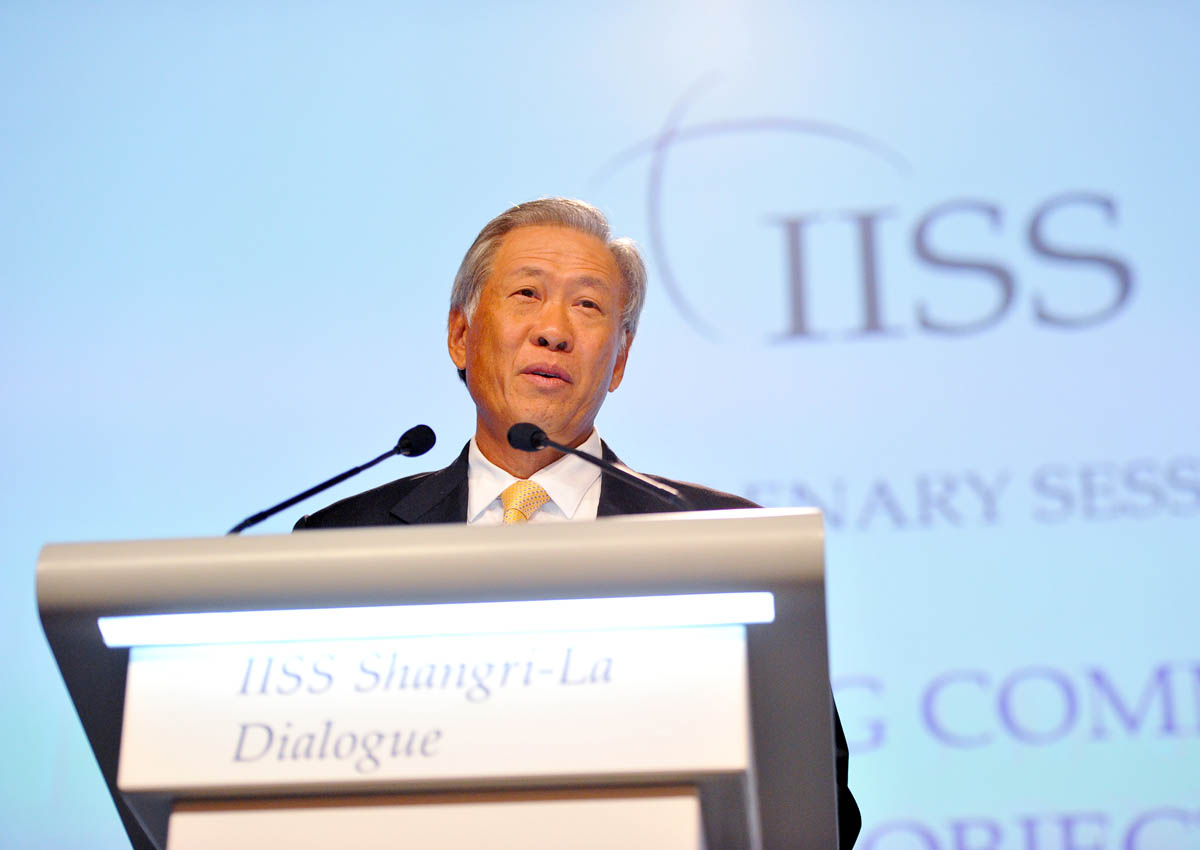While terrorism is a worldwide problem, one of the most urgent ways it threatens South-east Asia is in the Sulu Sea, where militants have kidnapped sailors and illicit arms are known to flow through.
Singapore, therefore, welcomes the proposed joint patrols between Malaysia, Indonesia and the Philippines in the water body in south-western Philippines, Defence Minister Ng Eng Hen said yesterday, on the last day of the annual Shangri-La Dialogue, organised by the International Institute for Strategic Studies.
“The proposed Sulu Sea patrols between Malaysia, Indonesia and the Philippines are a welcome initiative to deal with maritime terrorism and smuggling in the region and curtail the movement of extremists,” said Dr Ng, who called for close collaboration to fight a “gathering storm” of terrorism in the region.
The defence ministers of those countries had agreed to step up co-operation in the Sulu Sea on the sidelines of the 10th ASEAN Defence Ministers’ Meeting in Laos last month. The porous and lightly governed Sulu waters, where the three countries have common sea borders, made the news recently following three kidnappings in as many weeks of sailors for ransom by the Abu Sayyaf militant group.
The group, which has declared allegiance to the Islamic State in Iraq and Syria (ISIS), also beheaded a Canadian hostage in April.
Indonesian Defence Minister Ryamizard Ryacudu on Saturday pointed to the Sulu Sea as effectively a haven for radical groups from Malaysia, Indonesia, the southern Philippines and the Middle East, as well as for Uighurs from China.
“We face not only terrorism on the international scale but also that formed by… individuals and small groups from many countries,” said Mr Ryamizard.
Malaysian Defence Minister Hishammuddin Hussein said it is hoped that the joint co-operation in the Sulu Sea replicates the successful Malacca Straits Patrol initiative – involving Singapore, Thailand, Indonesia and Malaysia – which has “ensured the safety of ASEAN’s most vital trade channel”.
Analysts said greater collaboration in the Sulu Sea makes sense, given that none of the regional countries can sufficiently patrol the vast space of 260,000 sq km alone.
“The capacity of the Philippine military to patrol the southern reaches is, to be frank, inadequate, and hence joint patrols make operational sense,” said Associate Professor Kumar Ramakrishna, head of policy studies at the S. Rajaratnam School of International Studies.
He added that such patrols can help weaken Abu Sayyaf, if part of a “more comprehensive political and socioeconomic package” for nearby Mindanao, a troubled region where many militant groups are based.
yanliang@sph.com.sg

Get MyPaper for more stories.






